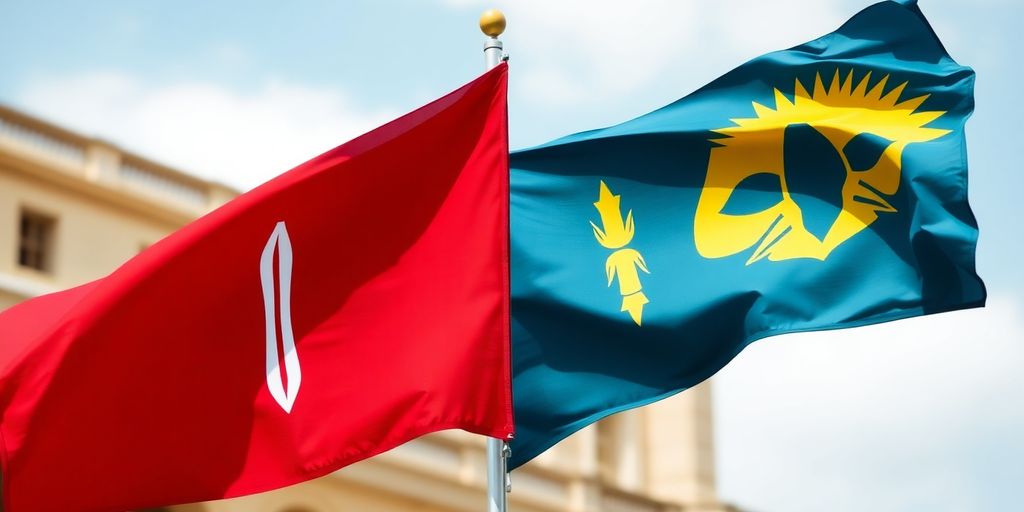Kenya has officially recognized Kosovo as an independent state, marking a significant diplomatic milestone after five years of stalled recognition efforts. This decision, announced on March 26, 2025, by President William Ruto, is seen as a pivotal moment for Kosovo’s international standing and relations with African nations.
Key Takeaways
- Kenya’s recognition of Kosovo is the first in five years, following a period of limited international acknowledgment.
- The decision was influenced by ongoing diplomatic efforts and discussions between Kenyan and Kosovan leaders.
- Kosovo declared independence from Serbia in 2008, but its status remains contentious, with significant opposition from Serbia and its allies.
Background of Kosovo’s Independence
Kosovo declared its independence from Serbia on February 17, 2008, a move that has been recognized by over 110 countries, including the United States and most European nations. However, it has faced challenges in gaining full international recognition, particularly from countries like Russia and China, which hold veto power in the United Nations.
The Recognition Process
The announcement of Kenya’s recognition came after a series of diplomatic engagements:
- Diplomatic Visits: Former Kosovan President Behgjet Pacolli played a crucial role in lobbying for recognition, having visited Kenya multiple times since 2009.
- Official Ceremony: The recognition was formalized during a ceremony in Nairobi, attended by key officials from both countries.
- Statements of Support: President Ruto’s decree emphasized Kenya’s commitment to international peace and security, as well as strengthening ties with Balkan nations.
Reactions to the Announcement
The recognition has been met with widespread approval in Kosovo:
- President Vjosa Osmani expressed gratitude for Kenya’s decision, highlighting it as a significant step in Kosovo’s journey towards greater international recognition.
- Behgjet Pacolli celebrated the event as a historic victory for Kosovo, urging the government to establish diplomatic relations and open an embassy in Kenya.
Implications for Kosovo and Kenya
The recognition of Kosovo by Kenya is expected to have several implications:
- Strengthening Diplomatic Ties: Kosovo aims to establish formal diplomatic relations with Kenya, which could lead to enhanced cooperation in various sectors, including trade and cultural exchange.
- Influence in Africa: This move may encourage other African nations to reconsider their stance on Kosovo, potentially leading to further recognitions.
- Countering Serbian Influence: The decision counters Serbia’s lobbying efforts in Africa, which have historically sought to prevent recognition of Kosovo.
Conclusion
Kenya’s recognition of Kosovo as an independent state is a landmark event that not only enhances Kosovo’s international profile but also signifies a shift in diplomatic relations between Africa and the Balkans. As Kosovo continues to seek broader recognition, this development may pave the way for new partnerships and collaborations on the global stage.
Sources
- Kenya officially announces that it has recognized Kosovo as a state – Telegraph, Telegrafi.
- Kenya recognises Republic of Kosovo, Nation.
- Kenya Recognizes Kosovo’s Independence, Osmani: A Just Decision and Major Diplomatic Step, Euronews Albania.
- Kenya recognises Kosovo as independent state, first such move in five years, Reuters.
- The Republic of Kenya officially recognizes the Independence of Kosovo, cna.al.






